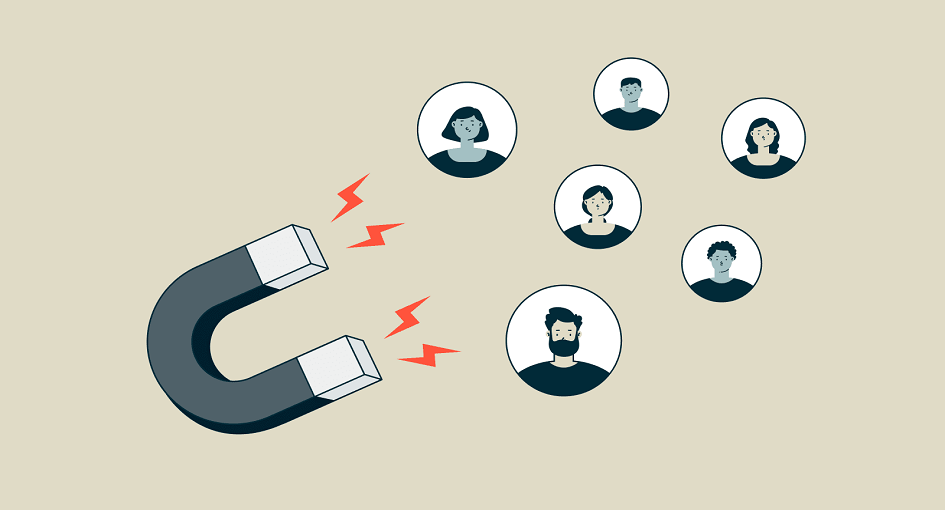
In the fiercely competitive world of ecommerce, acquiring new customers is essential, but retaining existing ones is equally—if not more—important. In 2023, customer retention strategies will take center stage as ecommerce companies aim to build long-lasting relationships with their audience. This comprehensive guide explores effective customer retention strategies tailored to the unique challenges and opportunities of the ecommerce landscape.
In 2023, personalization will continue to be a cornerstone of retention. Ecommerce companies should leverage data analytics to understand customer preferences, browsing behavior, and purchase history. Tailor product recommendations, email marketing, and website content to create personalized shopping experiences that resonate with individual shoppers.
Subscription-based models and loyalty programs are powerful tools for retention. Offering perks like exclusive discounts, early access to sales, and free shipping can incentivize customers to return to your ecommerce site. These programs not only encourage repeat purchases but also foster a sense of belonging to a brand’s community.
Email remains a potent channel for retention. In 2023, ecommerce companies should invest in advanced email marketing automation. Segment your email list based on customer behavior and preferences. Send personalized recommendations, abandoned cart reminders, and post-purchase follow-ups to keep customers engaged.
Exceptional customer support is a linchpin of retention. Implement live chat, chatbots, and 24/7 customer service to address inquiries promptly. Proactive communication, such as order updates and delivery tracking, builds trust and keeps customers informed.
Encourage customers to share their experiences through UGC. Customer reviews, photos, and testimonials provide social proof that influences purchasing decisions. Showcase UGC on product pages to build trust and authenticity.
Ecommerce companies should not only sell products but also provide valuable content and educational resources related to their industry or niche. Blog posts, how-to guides, and video tutorials can position your brand as an authority and keep customers engaged.
Engage with customers on social media platforms. Respond to comments, questions, and feedback promptly. Run contests, polls, and interactive campaigns to foster a sense of community and keep your brand top-of-mind.
Leverage retargeting and remarketing techniques to re-engage with past visitors and customers who have abandoned their shopping carts. Use personalized ads to remind them of the products they showed interest in.
In 2023, consumers are increasingly conscious of sustainability and ethical practices. Ecommerce companies that prioritize eco-friendly packaging, ethical sourcing, and transparent supply chains can appeal to customers who align with these values.
With the rise in mobile shopping, ensure that your ecommerce site is mobile-responsive and offers a seamless mobile shopping experience. Mobile apps can also enhance retention by providing convenience and personalized recommendations.
The post-purchase phase is a critical opportunity for retention. Send thank-you emails, request feedback, and offer post-purchase support. Consider offering incentives for customers to refer friends or make repeat purchases.
Harness the power of predictive analytics to anticipate customer behavior. Predictive models can help identify customers at risk of churning and enable proactive intervention through personalized offers or recommendations.
Continuous optimization is key to retention. Conduct A/B tests on website elements, email campaigns, and product listings to identify what resonates most with your audience. Make data-driven decisions to improve user experience and conversions.
Implement feedback loops that allow customers to voice their opinions and concerns. Use surveys, reviews, and social listening to gather insights. Act on feedback to improve products and services.
As concerns about data privacy grow, prioritize the security of customer information. Clearly communicate your data handling practices and ensure compliance with data protection regulations like GDPR and CCPA.
In conclusion, ecommerce companies that invest in customer retention strategies will differentiate themselves in a crowded marketplace. Building lasting relationships with customers requires a multifaceted approach that combines personalization, loyalty programs, exceptional support, and ethical practices. By nurturing existing customers, ecommerce businesses can not only increase customer lifetime value but also benefit from word-of-mouth referrals and positive brand advocacy. In the ever-evolving world of ecommerce, customer retention is the key to sustainable growth and success.